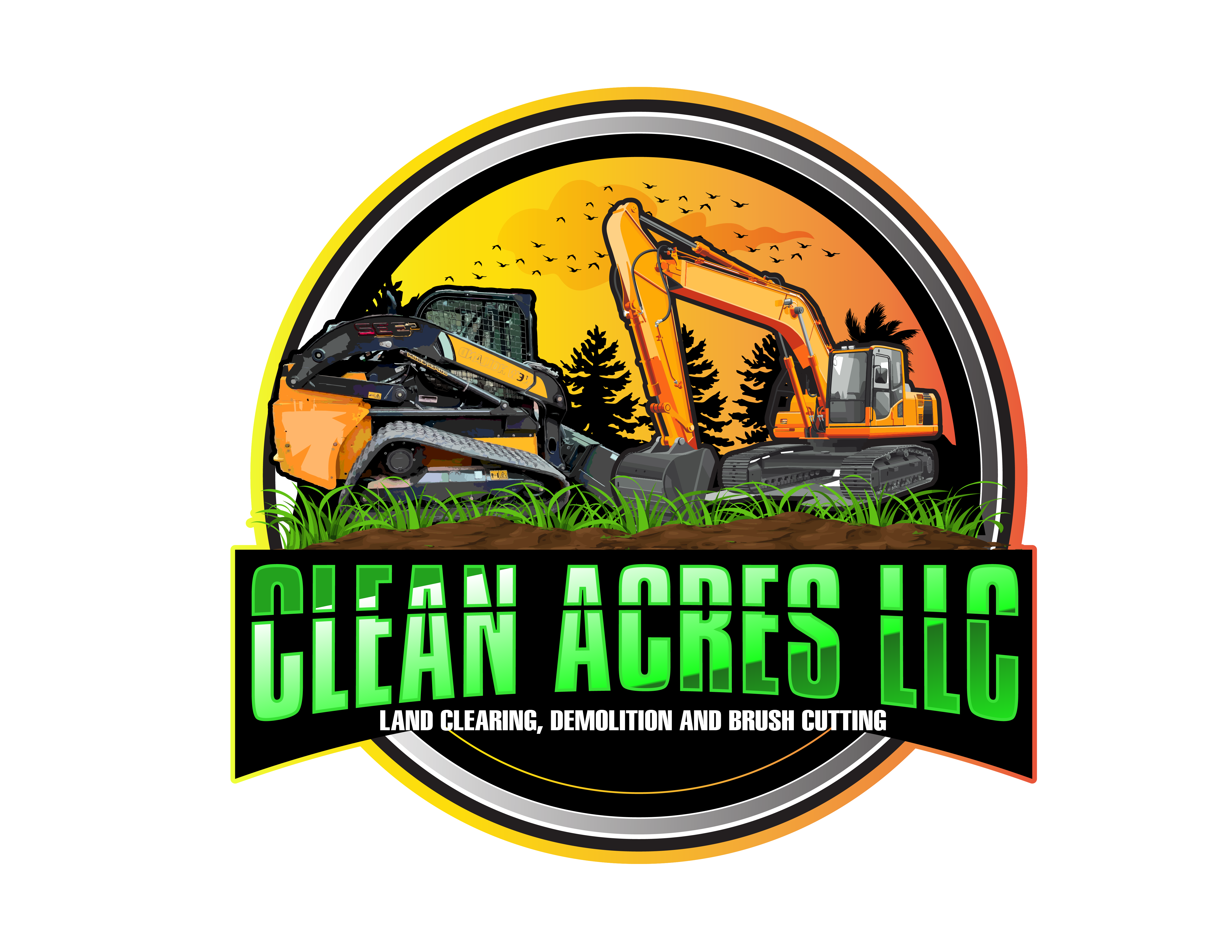
Breaking Ground: Essential Excavation Practices for Sustainable Construction Oct 13, 2025
As you embark on your construction project, it's vital to first conduct a thorough site assessment. This step involves understanding the geology, hydrology, and existing vegetation of your site. By doing so, you can minimize environmental disruption and tailor your excavation methods to the natural contours and characteristics of the land. Clean Acres employs advanced surveying technologies to ensure precision in site assessments, reducing the risk of unexpected environmental impacts down the line.
Next, consider incorporating materials recycling into your excavation plan. This practice not only conserves resources but also reduces the amount of material sent to landfills. For instance, at Clean Acres, we crush and reuse concrete and asphalt, transforming them into base materials for new projects. This not only supports sustainability but also cuts costs for our clients. By choosing recycled materials, you contribute to a circular economy and lower your project's carbon footprint.
Erosion control is another crucial aspect of sustainable excavation. When soil is disturbed, it can easily be washed away by rain, leading to sedimentation in waterways and loss of topsoil. Implementing erosion control measures such as silt fences, sediment basins, and vegetation buffers is essential. Clean Acres prioritizes the installation of these measures before breaking ground, ensuring they are in place to prevent soil loss and protect surrounding ecosystems throughout the excavation process.
Water management is also a key component in sustainable excavation. Properly managing stormwater and groundwater can prevent flooding, reduce water pollution, and protect aquatic habitats. Employing techniques such as graded contours, retention ponds, and infiltration systems can effectively manage water on-site. Clean Acres designs and implements comprehensive water management plans tailored to each project's unique needs, ensuring that construction doesn't negatively affect nearby water sources.
Finally, always strive for energy efficiency throughout the excavation process. Utilizing energy-efficient machinery and optimizing the scheduling of equipment use can drastically reduce fuel consumption and emissions. Clean Acres is committed to using state-of-the-art machinery with low emissions, contributing both to project efficiency and environmental protection.
In conclusion, sustainable excavation practices are integral to the success of any construction project dedicated to minimizing its environmental impact. By conducting thorough site assessments, recycling materials, implementing erosion control measures, managing water responsibly, and prioritizing energy efficiency, Clean Acres ensures that every scoop of earth moved leads to long-term sustainability.
As the pioneers of your construction project, consider how these practices can be integrated into your blueprint. Not only will they help protect our planet, but they will also pave the way for innovative, cost-effective, and resilient construction outcomes. Connect with Clean Acres today to explore how we can support your sustainable construction goals.
/filters:no_upscale()/media/338baf81-e108-4de8-8c5b-8003c8daeebf.jpg)
/filters:no_upscale()/filters:format(webp)/media/b4062602-9445-42fb-9705-75712b80824c.jpeg)